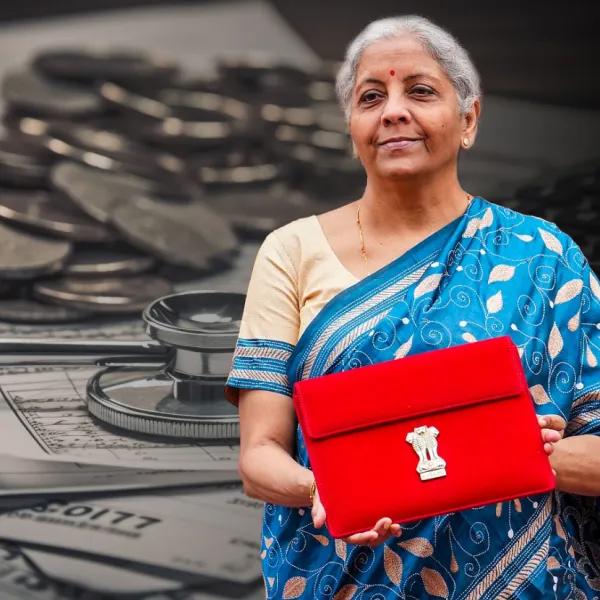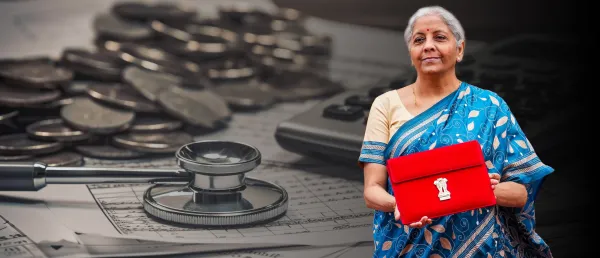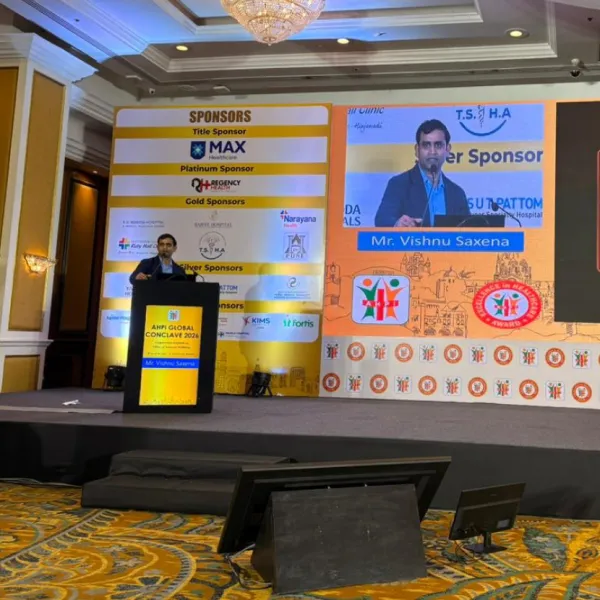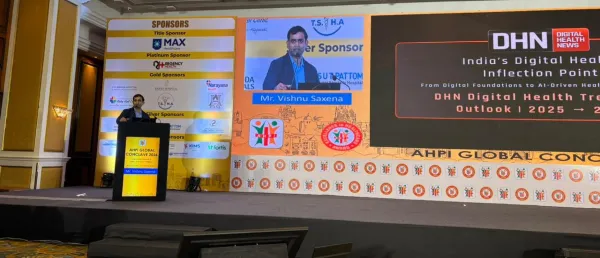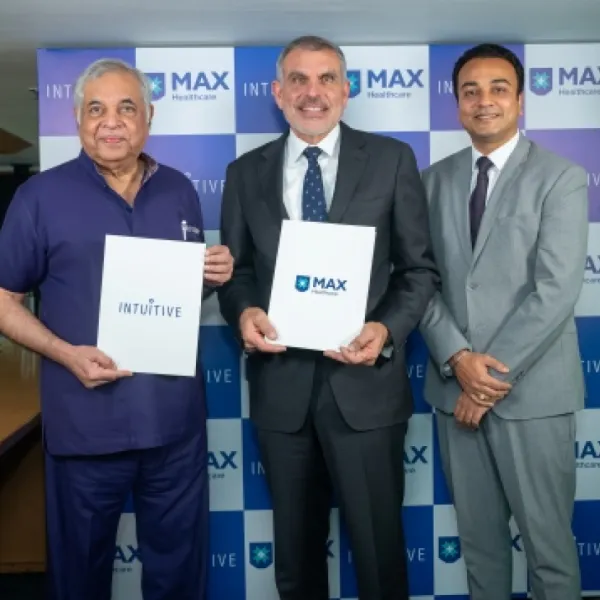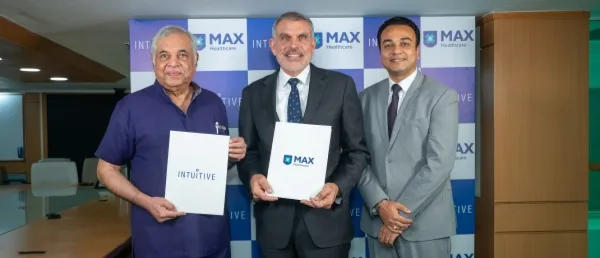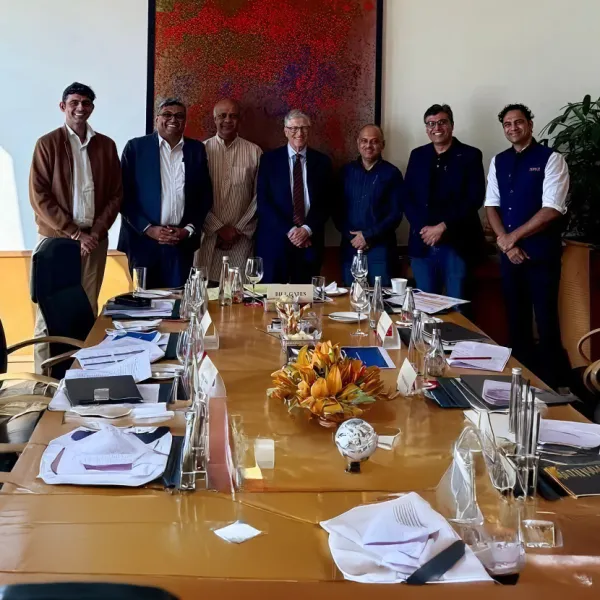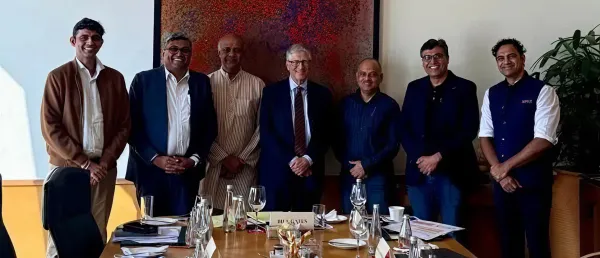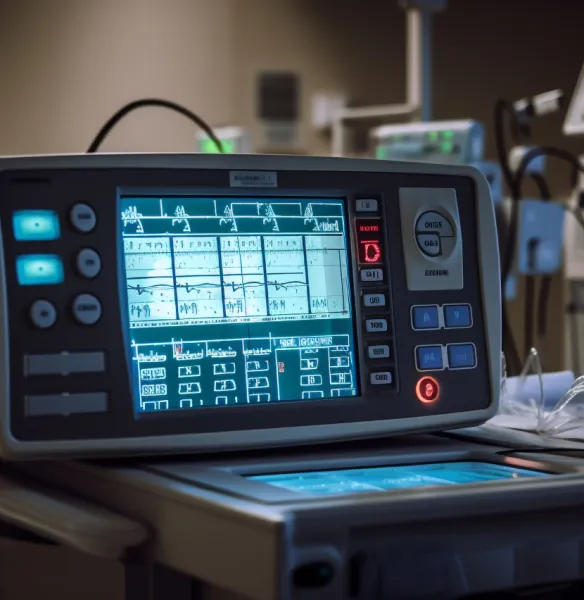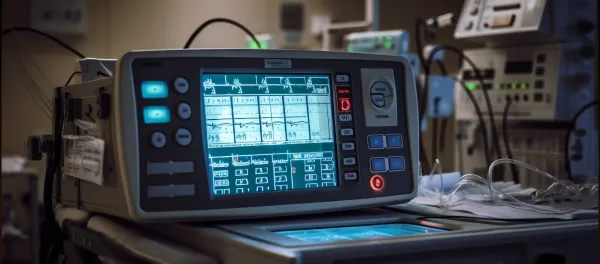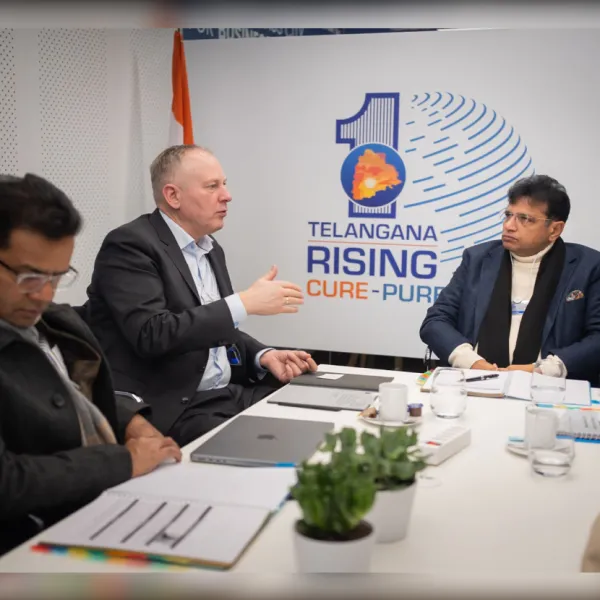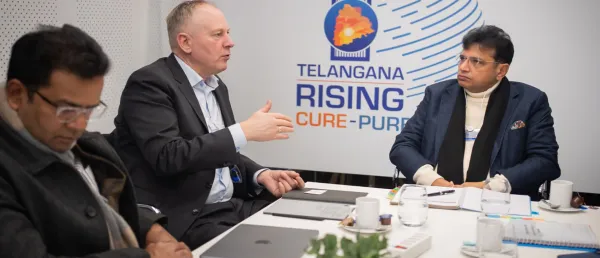AI Can Boost Research Efficiency but Not Cure Cancer Yet: OpenAI CEO Sam Altman

His comments follow OpenAI’s release of Deep Research, a model designed to conduct PhD-level research by synthesizing information from various sources to generate comprehensive reports.
Just when the artificial intelligence (AI) race is intensifying, Microsoft-backed OpenAI CEO Sam Altman has weighed in on AI’s role in scientific breakthroughs, stating that while AI is not yet capable of curing cancer but can enhance research efficiency by assisting scientists in complex problem-solving.
Speaking at a recent event, Altman said, “This (Deep Research) can help someone review the existing literature and find some connections. But this is not an innovator yet.”
His comments follow OpenAI’s release of Deep Research, a model designed to conduct PhD-level research by synthesizing information from various sources to generate comprehensive reports.
Altman emphasized that while AI cannot independently cure diseases, it has the potential to double scientists’ efficiency.
“I don’t think we're yet at the technological level where any of us should expect these models to go cure cancer on their own. We will get there, I think. Yes. But for now, I think this can help researchers be much more productive in what they do.”
According to the CEO, AI tools could automate time-consuming tasks such as literature reviews, ordering supplies, and structuring experimental processes.
“If you are a scientist trying to cure some disease, deep research is surely not going to go cure that disease on its own. But if you can farm out the tasks that took you a lot of time but were lower value, you learn to work that way, maybe you can be twice as efficient.”
Further elaborating, Altman expressed confidence that researchers would adapt quickly to AI-driven tools.
“It took a while for the world to figure out how to use ChatGPT—not that long, like months, not years. And I think it's going to take months, not years, to figure out how people become really productive with Deep Research.”
Altman’s remarks come at a time of heightened competition in the AI landscape. A week after China’s low-cost DeepSeek AI tool gained traction by surpassing ChatGPT in popularity on Apple’s App Store in the US, OpenAI responded by launching o3-mini, its most cost-efficient reasoning agent, and Deep Research, a tool designed to conduct complex, multi-step research by analyzing vast amounts of online data.
This is Altman’s first visit to India since his 2023 meeting with Prime Minister Narendra Modi. His tour, which includes stops in South Korea, Japan, the UAE, Germany, and France, comes amid turbulence in the AI industry, suggesting OpenAI’s strategy to expand into key markets where AI adoption is still developing.
Stay tuned for more such updates on Digital Health News.
Stay tuned for more such updates on Digital Health News







